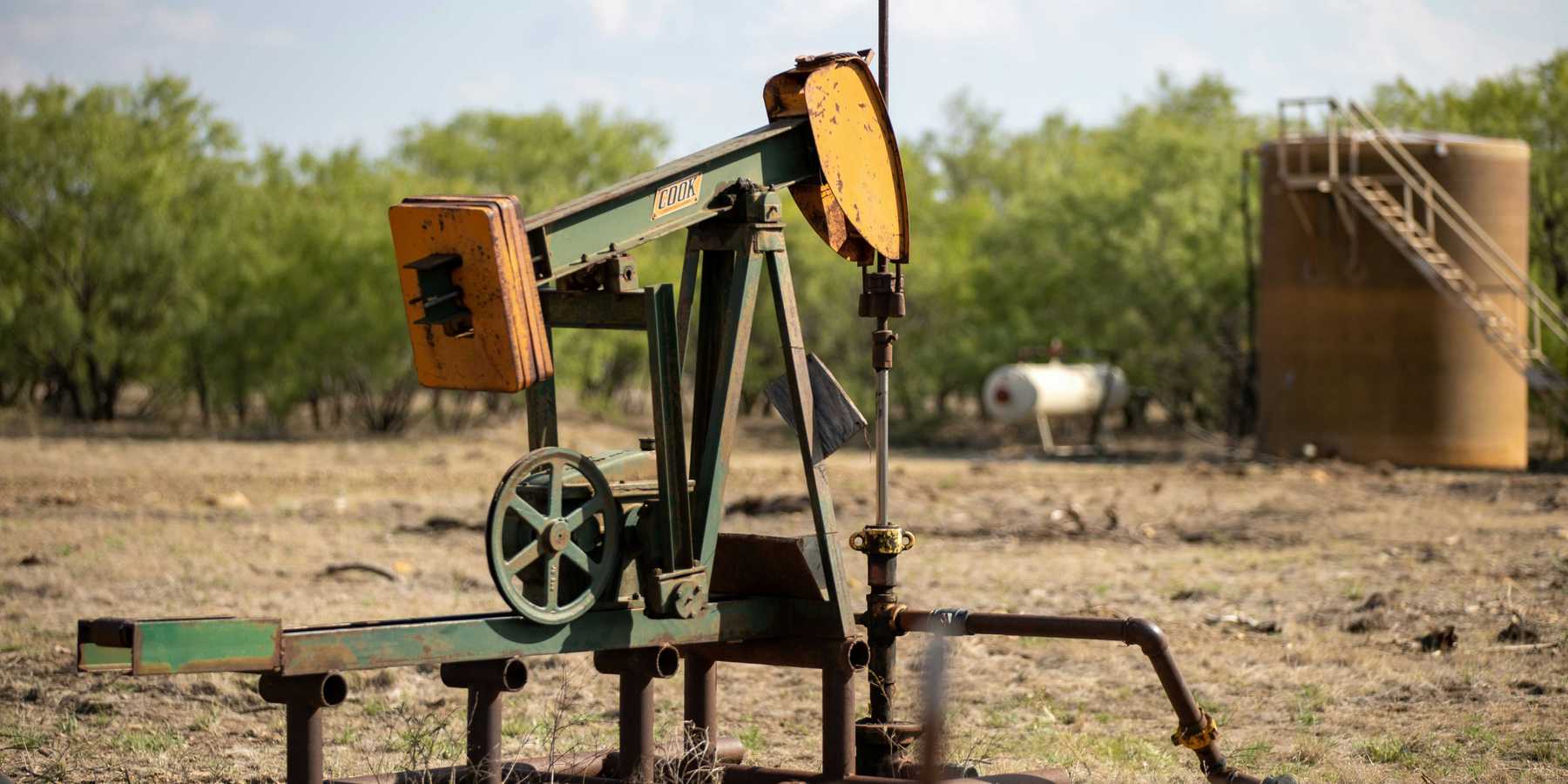Exploring the Cook Islands' role in deep-sea mining
Below the ocean surrounding the Cook Islands lies a wealth of minerals critical for electric vehicle batteries, stirring debates over economic gain versus environmental risk.
Pete McKenzie reports for The New York Times.
In short:
- The Cook Islands faces a pivotal decision on whether to mine these deep-sea minerals, which could significantly boost its economy.
- Environmentalists and more than 800 scientists have advocated for a moratorium, fearing severe ecological impacts.
- Local government and international companies are conducting studies to determine the feasibility and environmental implications of such mining.
Key quote:
"Our creation story is that the bottom of the ocean is where life began. How many creatures are we going to destroy down there if we suck up all that sand?"
— Teina Rongo, marine biologist
Why this matters:
Environmentalists and many scientists caution against the haste to harvest these seabed treasures. They warn of possibly irreversible damage to deep-sea ecosystems, which are among the least understood biomes on Earth. Disturbances could range from the sediment disruption impacting marine life to the potential release of toxic substances into the water column. As the world increasingly looks to the ocean's depths to meet the mineral demands of green technology, the decisions made in these remote islands could set a precedent for how humanity balances economic gain with the stewardship of nature's unexplored frontiers.
Related:













